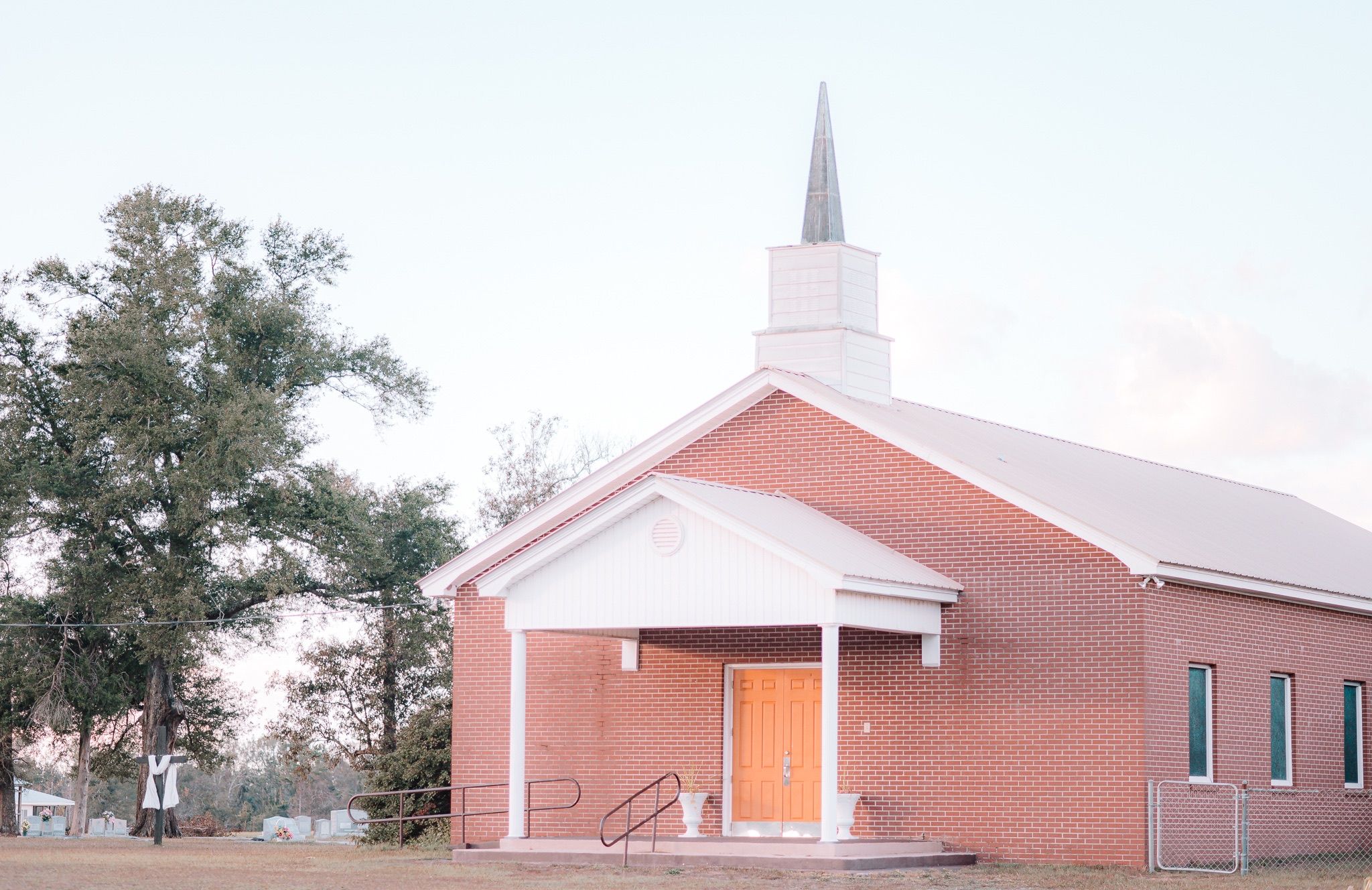Should we Revitalize or Replant?
Is there a one-size-fits-all approach to helping a dying church gain new life again? Or an instant formula that works every time? Unfortunately, no book you read on these topics will give you a predictable outcome for every situation. There are simply too many variables for a church’s factors of decline. And no two Revitalizations or Replants will be identical.
Conflict arises, culture changes, bad leadership exists, and churches sometimes fall out of touch with their community. Every church has glory days and difficult days. But if you’re reading this right now, it’s probable that you might be considering options for your church, or curious on what might be the best approach.
The Need for Church Renewal
When I first started working with dying or plateaued churches, I was overwhelmed at how many resources there were. In the past few decades, the need has become increasingly great for revitalization, because of the multitude of churches closing their doors.
The need for church renewal is urgent, and perhaps that’s why so many have turned to outside help for keeping their church alive. But there can be confusion on the language of so many books, programs, and resources. While revitalization is sometimes helpful, it’s not likely to work in every situation.
With a huge stack of books on my desk, I started getting overwhelmed. I am still new to Associational work and needed some training on what to do with some of our churches who were facing closure and looking for answers. So, I attended a Replant training by NAMB earlier this year. Now, in a very rural setting with only 15 churches in our association, we have one church in Revitalization, one church in a Partnership Replant, and one church seeking to plant a church that died almost 10 years ago.
There’s been confusion on the difference between Replanting and Revitalization. While there is some overlap, they are two different processes. Replanting is a form of Revitalization, but not every Revitalization is a Replant. So, what’s the difference?
Revitalization Defined
Church Revitalization is a deliberate, dedicated and protracted effort to reverse the decline or death of an existing church. Revitalization uses an existing church, with existing leadership, structures and history, but gives a renewed effort by addressing critical issues.
Many choose this approach because it requires less change up front, and seems to be less invasive than other options. When church members are not ready for drastic change, they opt for this approach (if they opt for any at all). It can use an existing pastor and the pace of change is normally slow.
But there is some caution to Church Revitalizations. They’re less likely to lead to lasting change and more likely to be a continuation of the same, and for churches who are facing imminent closure, success is slim to none. In this situation, Revitalization may be possible, but it’s not probable.
However, God is more than able to do anything with any church for his glory. Some churches have experienced great success with Revitalization.
How Revitalization Plays Out
After some conversations within a church, a church leader may either seek to be revitalized using their own congregation by suggesting a number of changes over a period of time to regain missional vitality and growth. The Church may address symptoms of the issues, but not causes. Sometimes, churches use outside help like a local Association or another ministry leader or team.
In a traditional church, those suggestions normally go through teams or committees and need to be agreed on by the majority of the congregation. More organizational approaches see timelines and financial costs involved. A church leader may try a new methodology to doing ministry, but it sometimes gets pushback.
According to a study by Thom Rainer, the estimated success rate of this type of revitalization is only 2%. But if there is a spiritually-binding covenant of agreement involved, its success rate is much higher. For churches facing closure, a more drastic approach may be needed to survive. As Bob mentioned in Ep. 1 of the Replant Bootcamp podcast, some churches have gone so far, they need a whole system reboot.
RePlanting
Replanting is a decision to close an existing church and re-launch as a new church, with new leadership (pastor), new name, new identity, new governance, new ministry approach and overall new philosophy of ministry. In some cases, it is not necessary to adopt a new name but simply to adjust it.
Replanting builds on the history of the previous church, but requires new leadership. A new identity can create enthusiasm and interest in the surrounding community. So a church that needs to Replant is one that does not have the time, energy, or resources to continue as their same church.
Under this umbrella term, a RePlant can be done a few different ways:
- Replant Within: A Replant team is chosen out of the congregation under a Replant Pastor, and that team works together to relaunch as a new church.
- Assisted Replant: Another healthy church partners with a dying church to provide leadership, accountability, and structure to Replant a Church.
Example
Thirty years ago, (Name) Baptist Church used to have about 200 in average worship attendance. They had an active Brotherhood, a WMU, children and youth programs, and lively worship. As they began to outgrow their facility, they decided to use their budget to begin building a larger sanctuary.
Through multiple conflicts involving prominent families and infighting about theological disputes, a group inside the church felt that their ministry staff wasn’t leading well. A large group of them wanted to separate and join another church. Others wanted to start a church of their own in a different location.
A large split happened. As a result, thirty years later a group of older members had done all they could to keep their church surviving. But without the giving they once had, their finances were quickly dwindling, and nothing they tried could reach a younger audience. Their reputation in the community was broken.
They grew tired of ministering, serving, and sharing the gospel after working so hard for so long. To make it worse, they couldn’t afford to pay a pastor anymore, so he eventually left. A long-time deacon went to the local association for help and their leader helped them consider some options.
All Things New
Another church closer to town wanted to help the church by restarting a new church in that location. Seeing that there was no way to remain open, the congregants decided to close as (Name) Baptist Church. They worked with another church’s leadership as they watched the church they once knew relaunch as a new church.
During that time of closure, a new worship team and Replant pastor were introduced, a new mission and vision for ministry was birthed, new documents involving governance and membership were printed, and a new direction for the church on the horizon.
Now, (New) Baptist Church has a different mission field. As they began to grow, baptisms and giving have increased, and they have plenty of space to meet in their sanctuary. Their reputation in the community is restored, and their identity has changed.
Similarities in Need
This may sound like an awesome example. But it’s just that, an example. While many churches have experienced new growth and success with Replanting, it can’t always be guaranteed. But whether your church decides on Revitalization or Replanting, both have similar needs:
- Both require time, energy, and effort
- Both require a renewed spiritual commitment
- Both require a high receptivity of change
As a final word of encouragement, Remember that God is “able to do far more abundantly than all that we ask or think, according to the power at work within us (Ephesians 3:20). We need that confident assurance during this type of work. Don’t be afraid to reach out to your local Association, Convention, or NAMB for help with leadership, advice, counsel and care. Doing the task of Replanting or Revitalizing alone can be a lonely road. But Jesus cares deeply about the health of his local church.
If you think your church is in danger of closing, take this church health assessment. This self-assessment is meant to help assist you in determining the current state of your local church. Another way to get started is by taking an introductory course that will help anyone understand what church replanting is and how it provides hope for dying churches.


